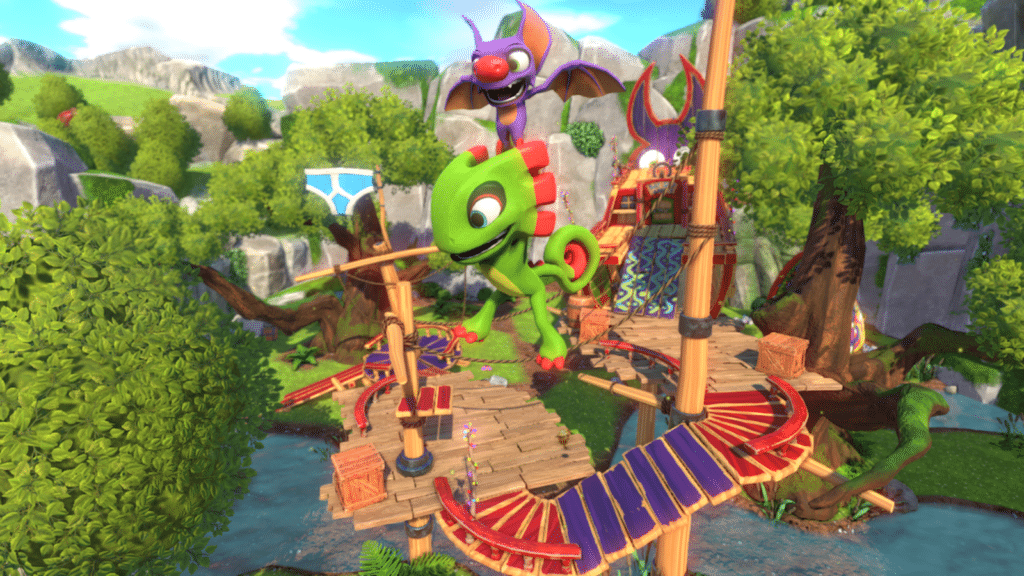When it comes to game development, selecting the right game engine is crucial for developers. With so many options available in the market, Unity has emerged as one of the most popular and widely used game engines. However, it’s essential to examine whether Unity is a good platform to develop games before diving into it. In this article, we will explore the features and benefits of Unity, its limitations, and whether it’s a good choice for developing games.
Contents
Overview of Unity Game Engine & Benefits
Unity is a cross-platform game engine that enables developers to create games for multiple platforms, including desktops, consoles, mobile devices, and virtual reality platforms. It has an extensive library of assets and tools, including a visual editor, scripting tools, and animation tools, to name a few. It supports various programming languages, including C#, JavaScript, and Boo. One of the most significant advantages of using Unity is its ease of use.
It has an intuitive and user-friendly interface that makes it accessible to both beginners and experts. Unity is also highly flexible, making it ideal for small-scale indie game development and large-scale enterprise-level game development. Unity is highly customizable, allowing developers to add new features, tools, and functionality as per their requirements. Its asset store has a vast collection of assets, including 2D and 3D models, audio files, and plugins, which can save developers time and effort.
Limitations of Using Unity
Despite its many benefits, Unity does have some limitations. One significant disadvantage is its performance issues, particularly when developing games for mobile devices. Due to the engine’s resource-heavy nature, games developed on Unity tend to be more resource-intensive, which can result in slower performance on older devices. Another limitation of Unity is its licensing fees. While Unity is free to use for personal and non-commercial projects, commercial projects require a license, which can be expensive, particularly for small-scale indie developers.
Is Unity a Good Choice for Developing Games? The answer to this question is subjective and depends on various factors, such as the type of game being developed, the size of the development team, and the development budget. For small-scale indie developers, Unity is an excellent choice due to its ease of use, flexibility, and extensive asset storage. For larger game development studios, Unity’s performance issues may be a concern, and they may opt for other game engines, such as Unreal Engine or CryEngine, which offer better performance but come with a steeper learning curve and higher licensing fees.
Conclusion
In conclusion, Unity is a versatile and popular game engine that offers many benefits to developers. Its ease of use, flexibility, and extensive asset store makes it an excellent choice for small-scale indie developers, while larger game development studios may opt for other engines due to performance issues and higher licensing fees. Ultimately, the choice of a game engine depends on the type of game being developed, the size of the development team, and the development budget.




